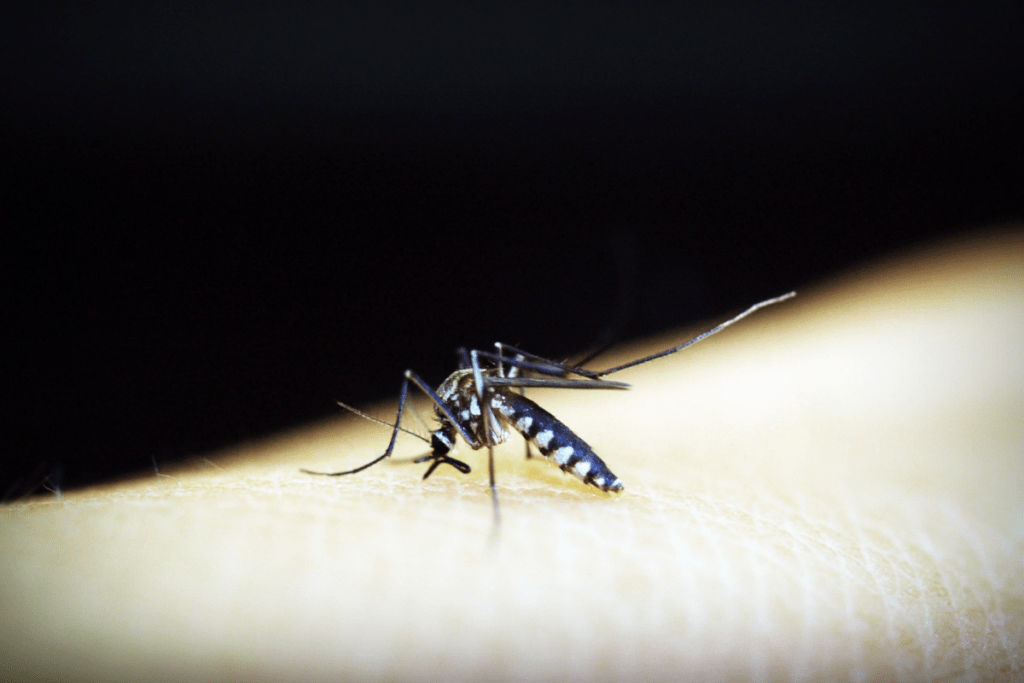World Malaria Day: All You Need To Know
Malaria has been a significant general health issue in India. Despite many challenges, India has produced excellent strides in the last two decades toward eradicating malaria. Eliminating Malaria remains a leading government priority in the country.

Table of Contents
About World Malaria Day
World Malaria Day, organized by the WHO (World Health Organization), is celebrated every year on April 25 to increase awareness of the international effort to prevent and eventually eliminate malaria.
World Malaria Day is celebrated to acknowledge the presence of malaria in countries globally and to bring more splendid awareness to the worldwide battle against the illness.
Health professionals predict that medicine could protect the lives of tens of thousands of kids every year.
As of 2016, the earth underwent 216 million new patients with malaria. Mosquitos may appear like an irritating summertime problem to people in multiple nations, but in others, a bite can be lethal.
While the disease is not infectious, anyone can get it. Signs include fever, headaches, sweats, malaise, nausea, muscles aches, chills, and vomiting.
About Malaria
Malaria is a deadly illness generated by Plasmodium parasites. There are 5 parasite species that cause the disease in people, and 2 of these species – P. vivax and P. falciparum – pose the most significant danger. It is curable and preventable.
● Symptoms
Symptoms usually occur 10 to 15 days after the infective mosquito bite. The primary symptoms – headache, fever, and chills – may be mild and hard to identify as malaria. If not treated within 24 hours, P. falciparum malaria can advance to extreme conditions, frequently leading to death.
Kids with intense malaria often develop one or more of the following signs: respiratory distress, severe anemia, or cerebral malaria.
In adults, multi-organ failure can also happen. In malaria-endemic regions, individuals may develop partial immunity, permitting asymptomatic conditions to emerge.
● Prevention
Vector control is the primary way to stop and lower malaria transmission. If the range of vector control interventions within a precise area is high enough, then an action of protection will be granted all over the community.
● Treatment
Early diagnosis and treatment of malaria decrease illness and control deaths. It also contributes to decreasing malaria transmission. The finest available therapy, especially for P. falciparum malaria, is artemisinin-based combination therapy (ACT).
World Malaria Day Theme
The theme for the poster-making competition is “ELIMINATE MALARIA FROM INDIA”. The contest will improve awareness among students about Malaria symptoms & signs, control, and prevention.
How to Celebrate World Malaria Day?
● Share the details
Education is essential. Posting this info on your social media will increase awareness about this fatal, but avoidable illness.
● Make a donation
Many valuable non-profit organizations are functioning to get malaria treatment tools to the nations that require them most. See how you can support them by sharing your time or creating a financial contribution to help their efforts.
● Organize an event
Ask for people to help a respected malaria prevention charity. Almost all know about malaria, but do they know how specific a few of the prevention tools are?
Why is World Malaria Day Essential?

● Malaria killed 435,000 individuals in 2017
While advancement is being made in decreasing the number of new malaria patients, the disorder persists to kill hundreds of thousands of individuals annually. The Sub-Saharan area of Africa is most affected.
● A program to decrease mortality rates by 90 percent over the next decade
In order to achieve that mark, WHO uses World Malaria Day to spotlight the necessity for stable investment and continued political responsibility for malaria prevention.
● Malaria is a preventable and treatable disease
The day is an opportunity for health institutions committed to malaria prevention to convey stories of how they’re defeating the disease.

